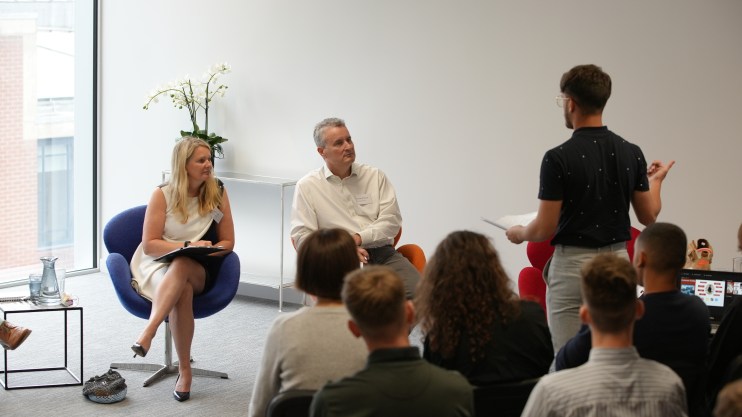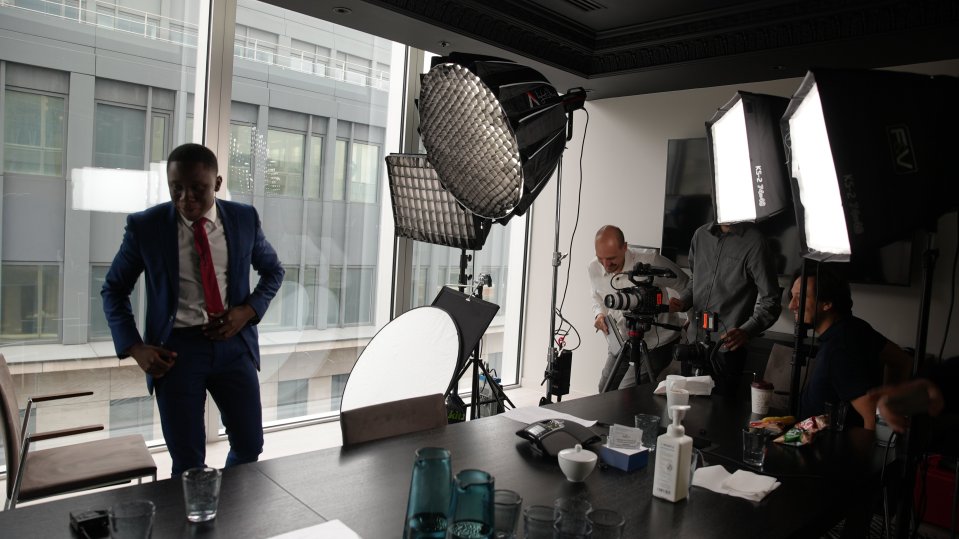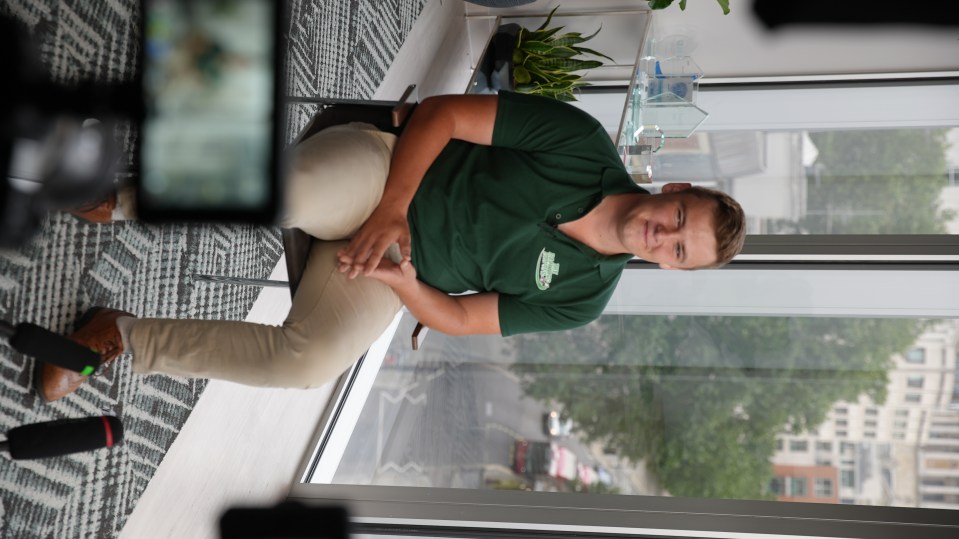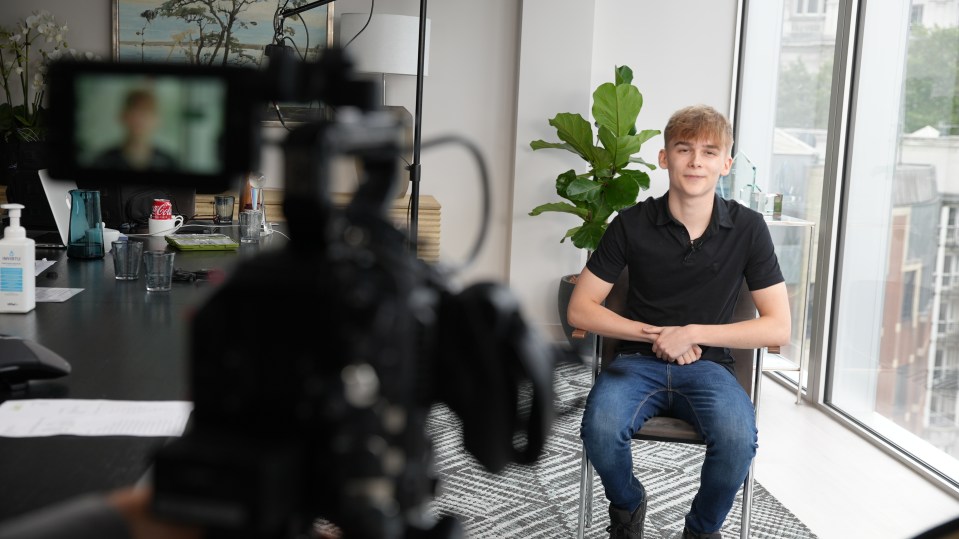Side Hustle: how teenagers are starting their own businesses

What do teens like? Hanging out with friends, doing sports, watching movies, reading books. Or this is what you’d think. But some seventeen year olds are just as business-like as any entrepreneur in the City, when given the opportunity.
This story starts with the vision of an inspiring woman. Sam Smith is the CEO of finnCap Group, the youngest and only female CEO of a City broker. Throughout her career, Smith has been thinking hard about how to bring opportunities to disadvantaged communities. She believes no one is too young to learn about entrepreneurship. Combining these two elements, she created the Side Hustle.
Smith set up this project with Danny Heath, founder of YourGamePlan, a company offering employability skills courses for students. Smith and Heath reached out to teens who had been developing a side hustle during the pandemic. The “teenpreneurs” were voted firstly by the public online, and then by a board of five judges. The winners received funding to upgrade their business, support and mentorship.
“You can’t be what you can’t see. This adage really applies here. And it’s true for me as a female CEO because there weren’t any others”, Smith says. Side Hustle focuses on giving access to teens from lower backgrounds, promoting inclusion and showing that merit is still more important than background – in some lucky corners where fairness prevails.
The ideas brought to the table during the first edition of the Side Hustle are inspirational. The winner of the competition, Benjamin Adegoke, is a seventeen year old teenpreneur from east London. He won presenting his “advanced yet affordable 3D printing solutions service”. Benjamin taught himself how to 3D-model, bought himself a 3D printer and started out making small copies of cartoon characters. Then he thought he could provide a useful service “for people who can’t have direct access because of price”.

So the next step was modelling and 3D-printing a bionic arm. Thanks to this project he won the contest. Benjamin is enthusiastic and passionate about what he does. Participating in the Side Hustle was a huge turning point for him. “It shaped the way I’m planning on doing things in my life and going about running my own business”, he says.
Another inventive teen who participated in the Side Hustle is Alfie Jones. A seventeen years old based near Swindon, Alfie loves the great outdoors and gardening, so much so that he’s left school to focus full-time on his business, the Backyard Barber.
During lockdown Alfie thought it would have been a nice idea to take care of his neighbour’s garden. From there, Alfie started his business. He set up a Facebook page advertising his services, and soon enough he had to employ two of his friends because the requests coming in were too many. Last summer, he had 7 people his age working for him in the business. He says it’s “very fulfilling” to be able to provide his friends with the opportunity of making money on the side.

Managing employees and making investment decisions are things that you wouldn’t usually be doing at seventeen. For some people, teenagers should be focusing on learning and nurturing their passions, as they have all the rest of their life to work. But if their passion generates an income, they kill two birds with one stone.
Will Taylor, an eighteen year old based near Reading, is a self-taught motion designer. He works as a freelancer for different companies, and has built an online community of about 18 hundred people interested in design who can come together to share insights. Will says that participating in the Side Hustle pushed him to consider more opportunities. “Speaking in front of a lot of people was always something I wanted to work on. It was hugely beneficial”, he adds.

Will, Alfie and Benjamin are only three of the brilliant teens who participated in the Side Hustle. Whether entrepreneurial thinking is a gift or something you can learn with time and effort, these kids have it. “If we can fulfil all these ambitions and get these kids to do something they love won’t this create a much better place to live and broaden inclusion?” asks Smith. The obvious answer is often out of reach for many. The enthusiasm shown by the Side Hustle, however, gives hope: hope for a better society in which we are all judged and provided opportunities based only on our merit.